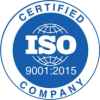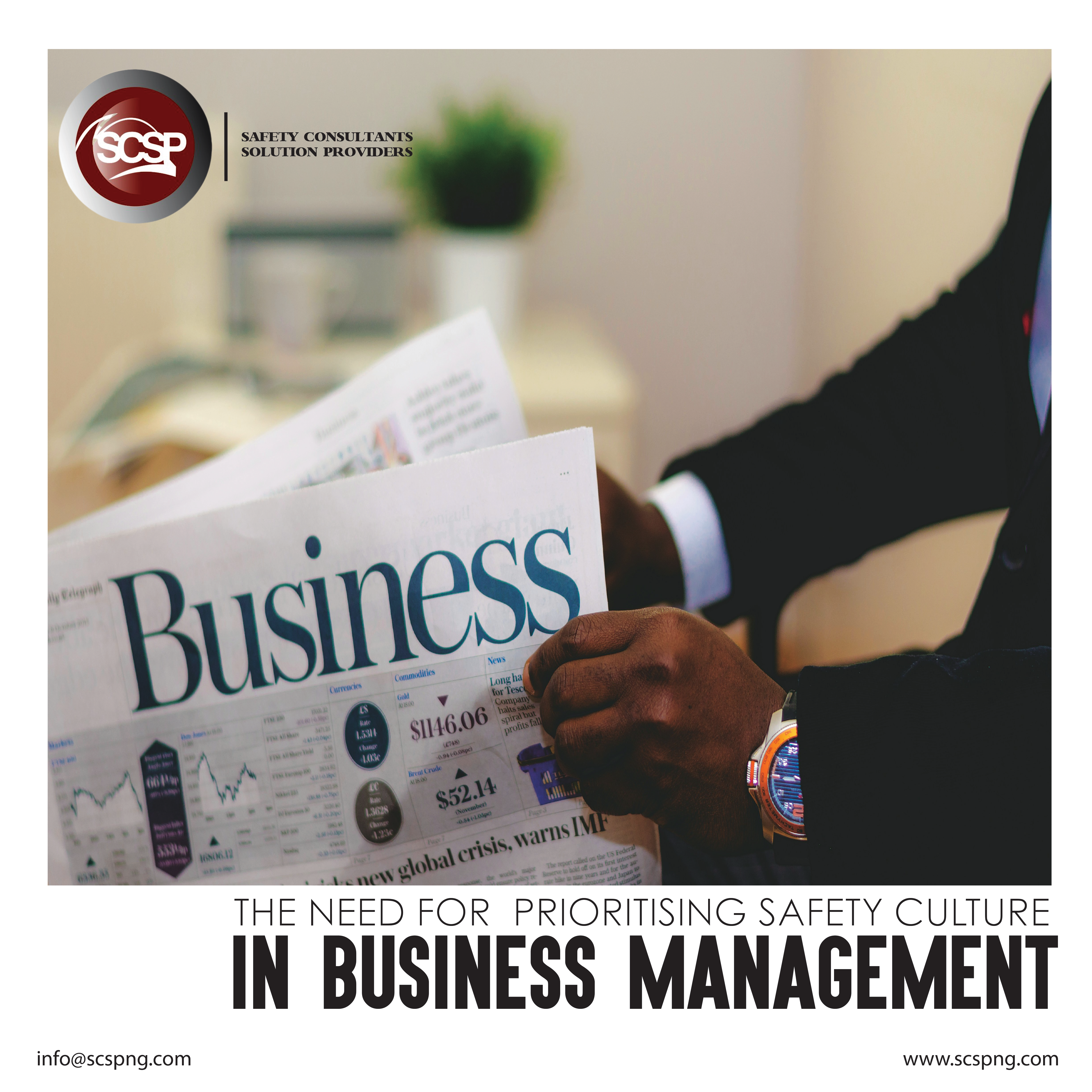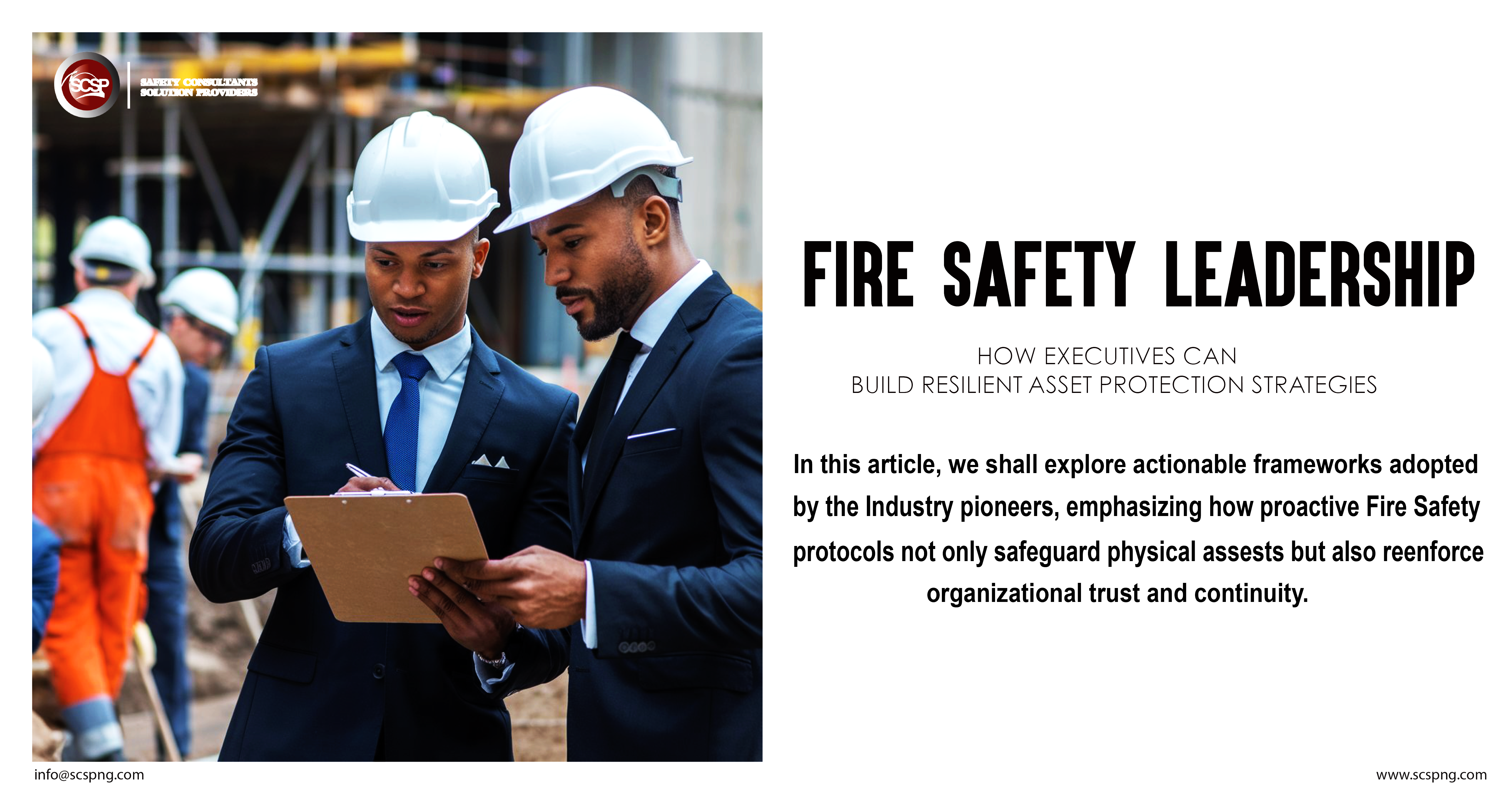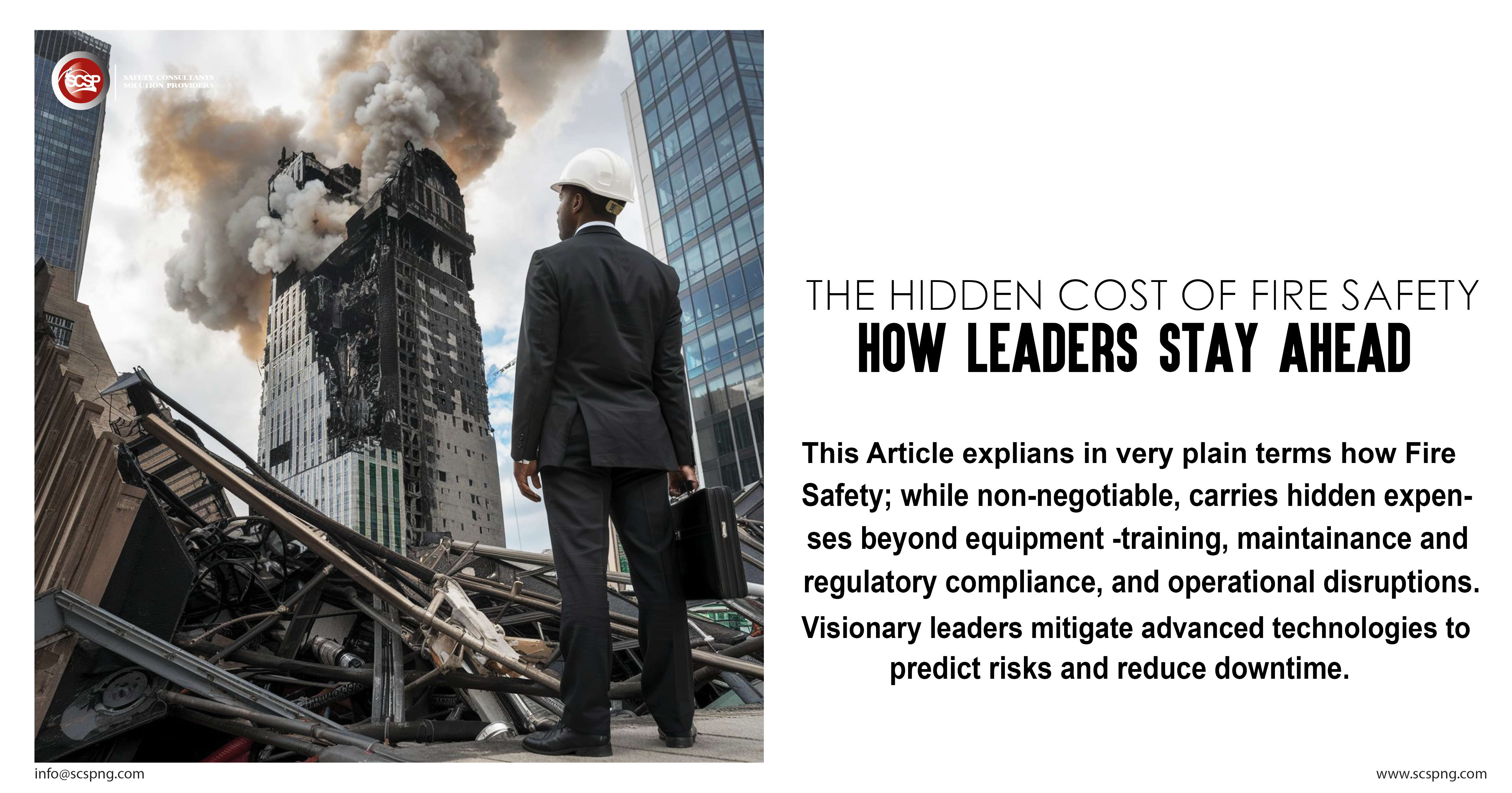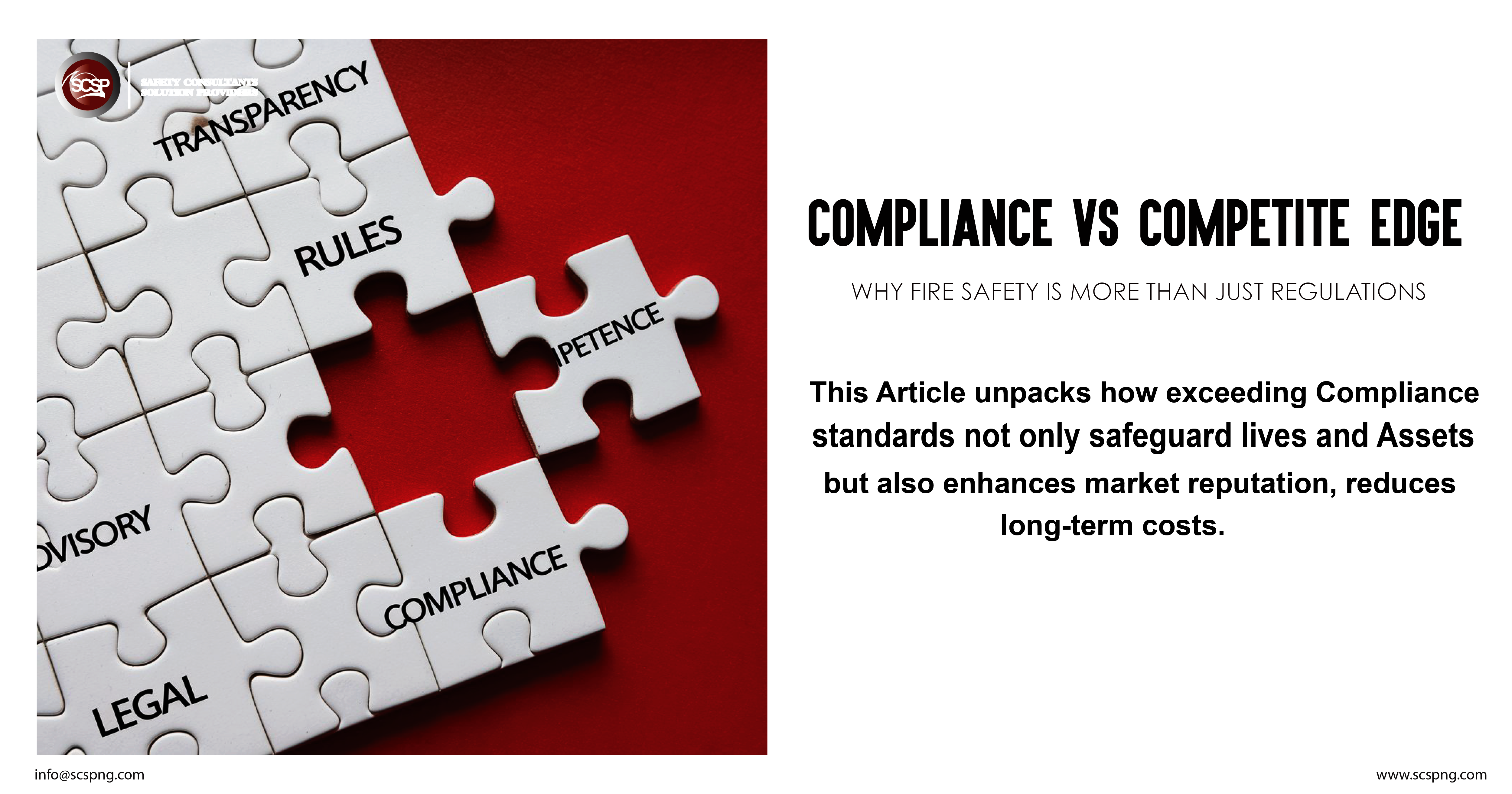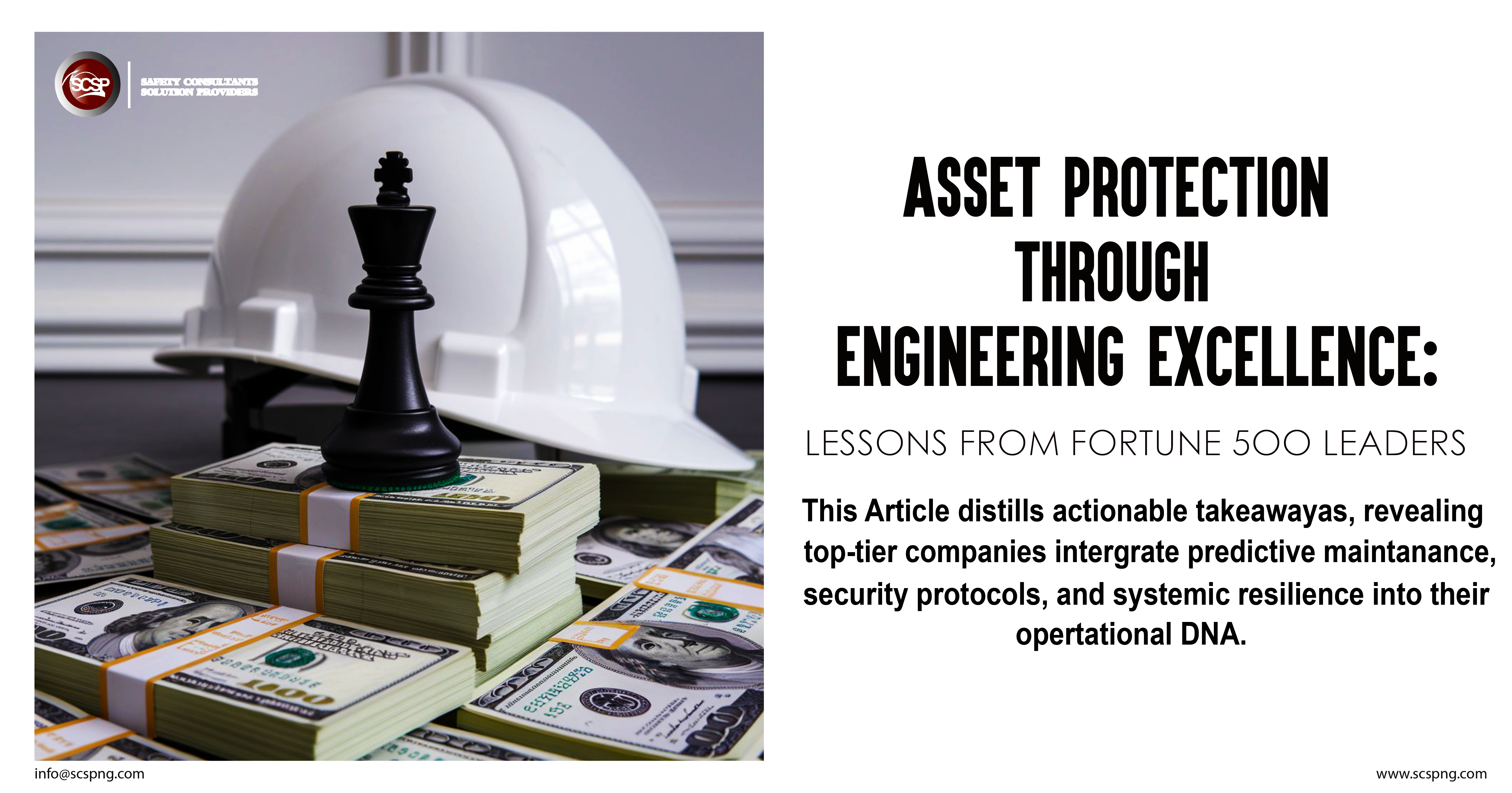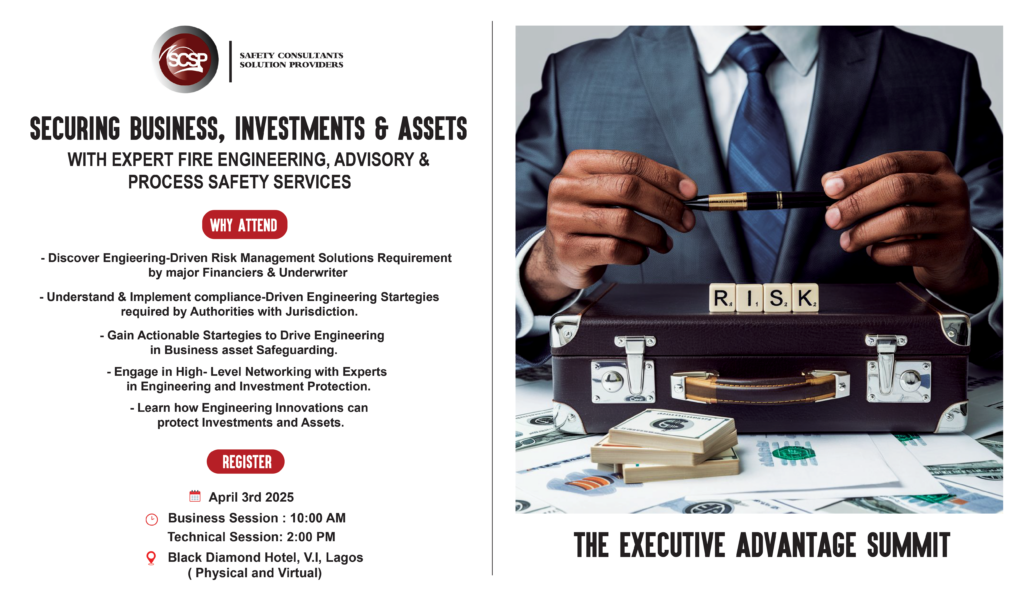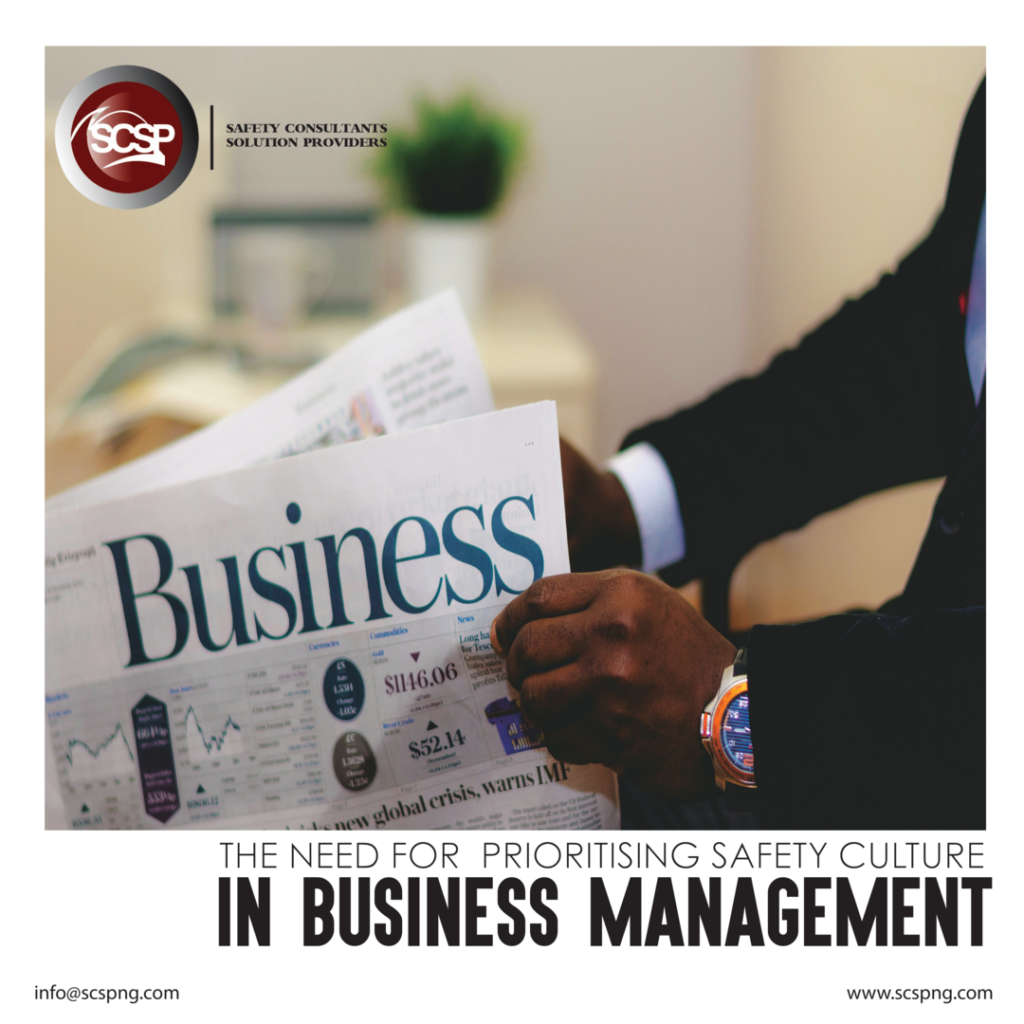
Managing Business Risks
In the bustling heart of Dosunmu market, Lagos Island, tragedy struck once again. Over 15 buildings, each a testament to someone’s investment and livelihood succumbed to the unforgiving flames of fire. This devastating event, merely weeks after a similar inferno claimed four structures in the same vicinity, underscores the sobering reality of business risks in our dynamic world.
The financial toll of such disasters is staggering. Reports indicate that between 2015 and 2022, Nigeria bore the weight of approximately N3.19 trillion in losses due to various fire incidents nationwide. Yet, fire is just one of the many hazards that loom over investments and workplaces. From building collapses to chemical exposures, the spectrum of risks is vast and ever-present.
In the wake of these recent tragedies, it’s imperative to emphasize the critical role of proactive safety planning in safeguarding investments. Antonia Beri, Lead Consultant at Safety Consultants and Solutions Provider Limited (SCSP), a stalwart in risk consultancy and engineering solutions, highlights the fundamental importance of adopting robust health and safety policies. These policies, when diligently implemented, not only comply with legal mandates but also serve as guardians of business continuity.
Beri articulates that investing in safety isn’t merely a prudent choice; it’s a strategic imperative. By preventing and mitigating losses from emergencies, businesses not only protect their assets but also nurture a healthier, more committed workforce. The benefits extend beyond financial gains, encompassing a fortified corporate image and enhanced productivity.
However, Beri laments that despite the compelling rationale for Occupational Health and Safety (OHS) measures, many enterprises still treat them with indifference. This cavalier attitude, she asserts, is a perilous oversight, particularly in regions like Africa where safety practices demand greater attention.
To foster a robust safety culture, Beri advocates for engaging competent risk professionals with a track record in crisis prevention and response. She underscores the significance of adhering to industry standards and regulations, emphasizing that safety is not a cost but an investment with substantial returns.
The recent market fires serve as poignant reminders of the human toll exacted by negligence. Beri expresses sympathy for the affected while urging proactive measures to avert future catastrophes. From deploying fire marshals to enhancing safety awareness, she stresses the urgency of preemptive action.
Moreover, in an era where occupational hazards pose unprecedented risks, Beri underscores the need for comprehensive safety training and infrastructure. At SCSP, this commitment manifests through rigorous capacity building and adherence to global best practices.
Looking ahead, Beri calls for regular reviews of safety plans and stringent regulatory enforcement to mitigate workplace hazards effectively. By embracing a proactive approach to safety, businesses can fortify their resilience against adversities, ensuring continuity and prosperity in an ever-evolving landscape.
In conclusion, the adage holds true: safety isn’t a choice; it’s a prerequisite for sustainable growth. As businesses navigate the complexities of the modern world, investing in safety emerges not only as a moral imperative but as a strategic imperative for long-term success.
Original Article by Omolabake Fasogbon
SCSP Comprehensive Advisory Services.
Click here for additional Insights & Guides from SCSP Experts.


